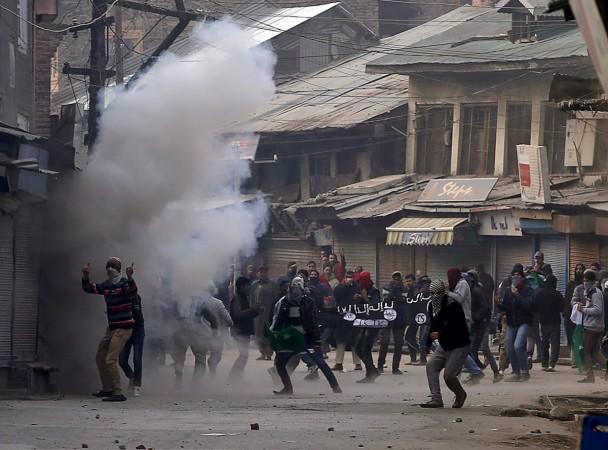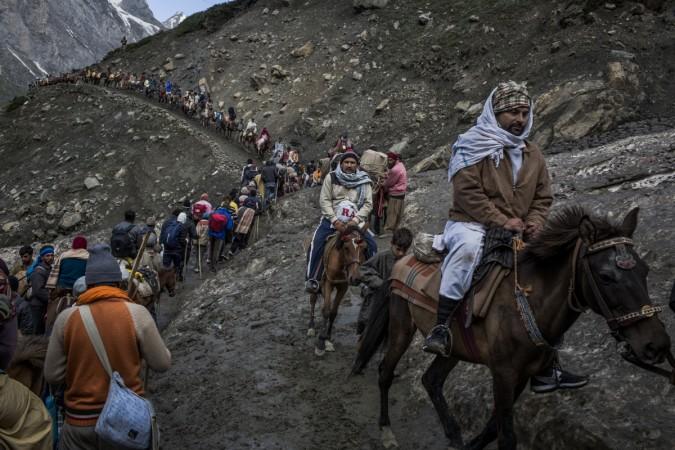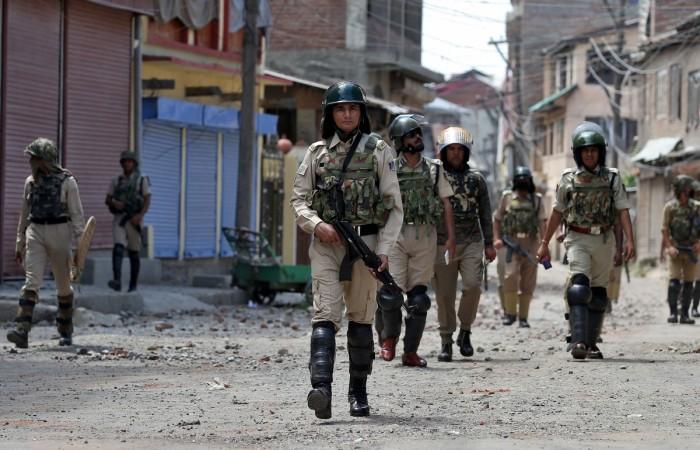
An uprising brewing in Jammu and Kashmir over Article 35A of the Constitution threatens to set off an imbalance between the state administration and the people who work for them. There are murmurs of the police force rising in revolt if the special constitutional law, which bars non-Kashmiris from using or owning land in the state or securing government jobs, is tinkered with.
The petitions challenging Article 35A have created quite a stir, and come Monday, all eyes will be on Supreme Court which is set to hear the controversial petitions, the ones that have so vehemently been protested by Kashmiris.
Jammu and Kashmir is now on a state-wide shutdown ahead of the hearing on the controversial Article. From public transport to the iconic shikaras of Dal lake, everything is on standstill in protest against the petitions, the hearing of which is scheduled for tomorrow, August 6.
The Article gives the J&K legislature the power to decide who is a permanent resident of the state, and who isn't. Fearing unrest and violence days before the local body and panchayat elections, the state administration, on August 3, had written to the apex court asking for the Monday hearings to be deferred.
Meanwhile, authorities on Sunday decided to temporarily suspend the ongoing Amarnath Yatra from Jammu to the cave shrine in the Kashmir Valley for two days due to a separatist-called protest shutdown, IANS reported.

According to the police, no pilgrim was allowed to move from the Bhagwati Nagar Yatri Niwas in Jammu.
Special check-posts have been set up in Udhampur and Ramban to ensure that the movement of pilgrims does not take place on the Jammu-Srinagar highway which passes through these two districts. However, pilgrims camped at the Baltal and Pahalgam base camps in the Valley will continue to perform the Yatra.
The past week has seen quite a bit of unrest over the petitions questioning Article 35A, or as they see it, the attack on their identity.
If the top court happens to pass an "adverse" order on the controversial law, there could be massive unrest across Jammu and Kashmir, especially in the police ranks, intelligence agencies have warned, NDTV reported.
A noteworthy aspect amidst the clamour surrounding the petitions that question Article 35A is the irony of J&K separatists rising in defence of the constitution that they have so vehemently opposed all this while. And standing by their side is the police force of J&K.

The people of Kashmir will accept no compromise on the special constitutional law that bars non-Kashmiris from owning or using land in the state or even secure a government job.
The fear of losing special status has brought unlikely groups together - pro-separatists and mainstream political parties, cops and employees of the state administration.
So, what is Article 35A?
Prior to Indian independence, Kashmir was one of the princely states that were given precedence by the British crown. The so-called state subjects had the right to use and own land in the region as well as jobs in government offices.
Amid the J&K unrest brewing in the early 1900s and following the subsequent political movement, the Maharaja of the erstwhile princely state incorporated rights of 'hereditary state subjects.'
The Hereditary State Subject Order was passed in 1927, mostly due to the pressure from Pundit community in the valley who began a 'Kashmir for Kashmiris' movement. Article 35A is essentially a law that protects the 1927 order enacted by the erstwhile Maharaja.
Through India's freedom struggle and post-Independence, the constitutional law defining the so-called permanent residents has become a part of the identity of Kashmiris.
Many are viewing the petitions challenging Article 35A as an assault on their identity regardless of their religion, caste or creed. A revolt might be brewing, intelligence agencies have warned, and it would see the support of government employees, civil society groups, trade unions as well as lawyers, the report added.

















